What is Sustainable Development?
Have you heard the term Sustainable Development? It's used often, in lots of different contexts, but what does it actually mean, why is it important, and what work is being done towards it?The United Nations (or UN) define sustainable development as 'development that meets the needs of the present without compromising the ability of future generations to meet their own needs.' In other words, it allows communities, countries and continents to develop and grow without depleting essential resources; a balance between what people need to thrive, and avoiding damage to the environment and ecosystems.It also about working towards building an 'inclusive, sustainable and resilient future for people and planet'.The UN website has a really accessible website on sustainable development, which also explains its sustainable development goals.
The United Nations Sustainable Development Goals
The UN Sustainable Development Goals - or SDGs - are a series of 17 goals that are meant to be a blueprint towards achieving sustainable development.They cover everything from conservation and protecting the land and sea, to gender equality, eliminating poverty and hunger, and access to clean water and sanitation.The goals are part of what's known as the 2030 Agenda for Sustainable Development, which all the members of the United Nations - which consist of 193 countries around the world - have signed up to work towards. It was created in 2015, and as well as being targets, they are also something action can be evaluated against; is an organisation, country or business succeeding in reaching these goals? The goals are:
The goals are:
- No poverty: End poverty in all its forms everywhere.
- Zero hunger: End hunger, achieve food security and improved nutrition and promote sustainable agriculture.
- Good health and well-being: Ensure healthy lives and promote well-being for all at all ages.
- Quality education: Ensure inclusive and equitable quality education and promote lifelong learning opportunities for all.
- Gender equality: Achieve gender equality and empower all women and girls.
- Clean water and sanitation: Ensure availability and sustainable management of water and sanitation for all.
- Affordable and clean energy: Ensure access to affordable, reliable, sustainable and modern energy for all.
- Decent work and economic growth: Promote sustained, inclusive and sustainable economic growth, full and productive employment and decent work for all.
- Industry, innovation, and infrastructure: Build resilient infrastructure, promote inclusive and sustainable industrialization, and foster innovation.
- Reduced inequality: Reduce inequality within and among countries.
- Sustainable cities and communities: Make cities and human settlements inclusive, safe, resilient, and sustainable.
- Responsible consumption and production: Ensure sustainable consumption and production patterns.
- Climate action: Take urgent action to combat climate change and its impacts.
- Life below water: Conserve and sustainably use the oceans, seas, and marine resources for sustainable development.
- Life on land: Protect, restore, and promote sustainable use of terrestrial ecosystems, sustainably manage forests, combat desertification, and halt and reverse land degradation and halt biodiversity loss.
- Peace, justice, and strong institutions: Promote peaceful and inclusive societies for sustainable development, provide access to justice for all and build effective, accountable, and inclusive institutions at all levels.
- Partnerships to achieve the goal: Strengthen the means of implementation and revitalise the global partnership for sustainable development.

Who are the UN SDG's for?
The goals are a guide to action for countries, governments, organisations, charities and businesses. They are also funded by governments, charities and businesses. They might support particular projects that work towards one or more goals.For example, the charity World Bicycle Relief uses bicycles to support rural communities around the world. By working with local groups to provide bicycles and training for mechanics, the charity can help people access healthcare, help girls go to school, support small businesses and provide a sustainable and environmentally friendly form of transport.And while the goals are aimed at countries and organisations, individuals can take action that will contribute toward them being fulfilled. For example, No Waste November is about reducing consumption and waste, which contributes to goal 12: responsible consumption and production.In fact, if you'd like to contribute towards them, then the UN SDG website has actions you can take towards each of the 17 goals.
